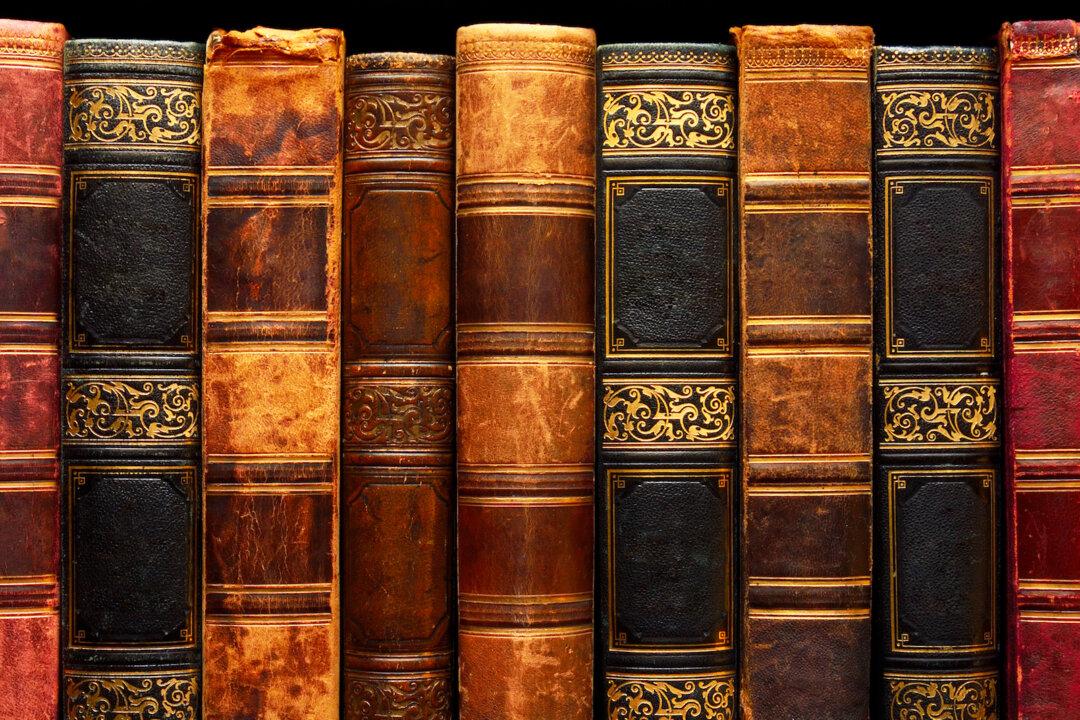“There is more than one way to burn a book,” Ray Bradbury once said. “And the world is full of people running about with lit matches.” Bradbury wrote the novel “Fahrenheit 451“ about a world that systematically burned books.
In late December, I resolved to try to read more books than those I review for Western North Carolina’s Smoky Mountain News. I settled on a book a month, six old and six new, though I may change that proportion in favor of older books. I’ve just finished Sir Walter Scott’s “Ivanhoe,” which I found difficult at first but soon came to enjoy. In those pages I was surprised to discover themes about harsh government, ambition, and cultural destruction pertinent to our own time.






